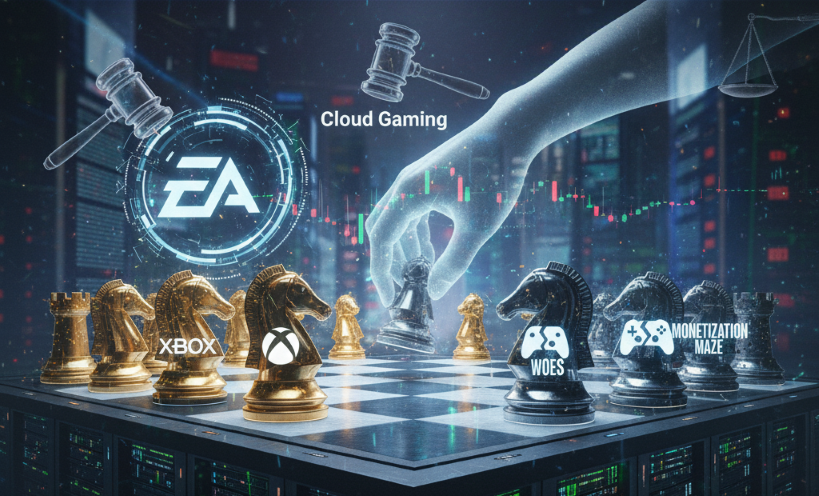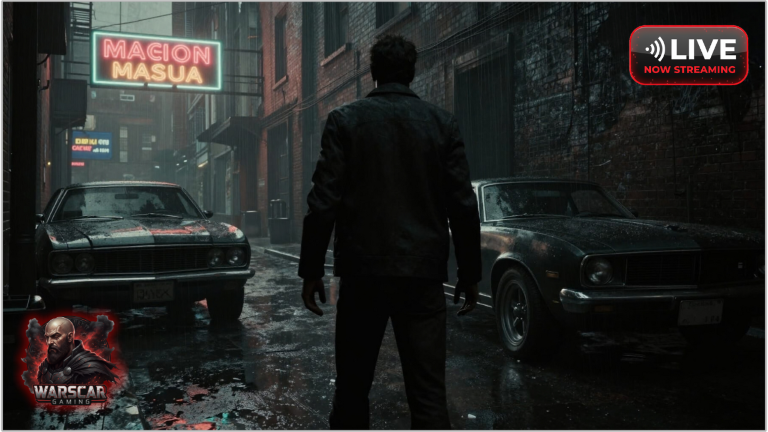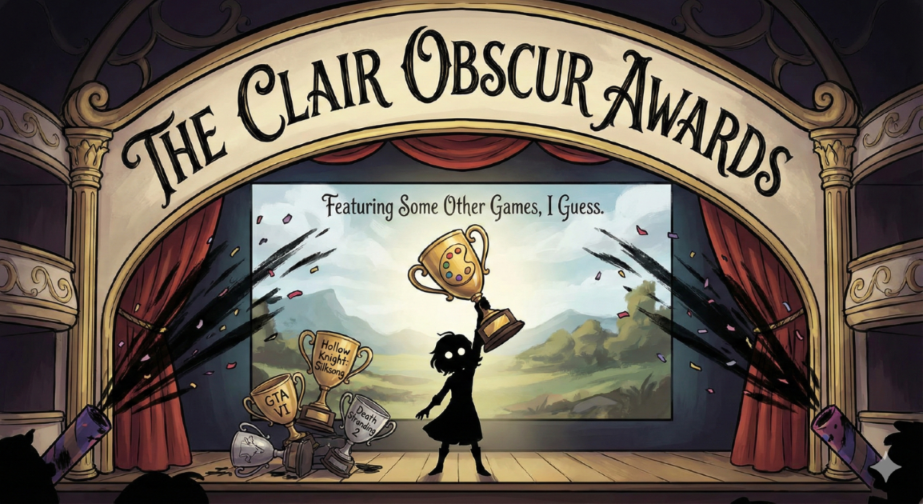Alright, community, pull up a chair. We spend a ton of time talking about patch notes, new releases, and which survival game is going to steal hundreds of hours of our lives next. But sometimes, the real game-changers aren’t happening on our screens; they’re happening in boardrooms, and the aftershocks can change everything.
Lately, there’s been some earth-shaking news that has nothing to do with a surprise-dropped trailer or a new biome. This is the big-picture stuff—the kind of news that makes you lean back and say, “Wait, what?” It’s about who owns who, who’s fighting who, and it’s a fascinating, messy, and crucial part of being a gamer in 2025.
Let’s break down one of the biggest bombshells to drop in a long time.
The Bombshell: EA Might Be Saying Goodbye to Wall Street
You read that right. Electronic Arts—the behemoth behind Battlefield, The Sims, and pretty much every sports game known to man—is reportedly in “advanced talks” to be taken private. We’re talking about a potential $50 billion leveraged buyout.
The Human Translation: What does “going private” even mean? In simple terms, a group of very wealthy investors (in this case, including private equity firms and Saudi Arabia’s Public Investment Fund) would buy up all of EA’s stock and take it off the public stock market.
Why This is Wild: For years, EA’s every move has been dictated by the need to please shareholders and post bigger profits every quarter. It’s why we see the aggressive monetization, the focus on live-service titles, and sometimes, a reluctance to take creative risks on games that aren’t guaranteed money-printers.
My Take – The Hope and the Worry: Could this be a good thing? Maybe! Without the constant pressure of quarterly earnings reports, a private EA could theoretically take more risks. They could greenlight passion projects, give developers longer timelines, and focus on making truly great games instead of just hitting financial targets. But let’s be real, this is also a massive amount of debt to take on. The new owners will want to see a return on their $50 billion investment, which could also lead to even more aggressive strategies or brutal cost-cutting. It’s a monumental “wait and see,” but the fact that it’s even on the table is a sign of how much the industry is consolidating.
The Never-Ending War: Publishers vs. Cheat Makers
On a more “down in the trenches” note, the legal battles between game publishers and cheat developers are getting spicier, and it’s a fight that directly impacts our multiplayer experience.
The Latest Skirmish: Epic Games and Activision are continuing their crusade. They’re not just banning accounts anymore; they’re taking the creators and sellers of cheat software to court and winning big. Epic recently won a $175,000 lawsuit against a cheat developer, and Activision is in a full-blown legal brawl with the makers of hacks for Call of Duty.
Why This Matters to Us: We’ve all been there—that one player who’s clearly tracking you through a wall or lands an impossible headshot. It ruins the fun and erodes trust in the game. Seeing these publishers go after the source isn’t just about revenge; it’s about protecting the integrity of the game for the millions of us who play fair.
My Take: I’m all for it. Banning individual cheaters is like playing whack-a-mole, but suing the developers who profit from this stuff is cutting the head off the snake. It’s a costly and slow process, but it’s one of the few ways to make a real dent in the cheating epidemic. It’s good to see the big companies using their massive legal resources to fight a fight that benefits the entire player community.
So, while we’re all out there looting, crafting, and trying to survive the next zombie horde, remember there’s a whole other survival game being played by the companies that make our favorite worlds. And the results of that game will eventually trickle down to every single one of us.




